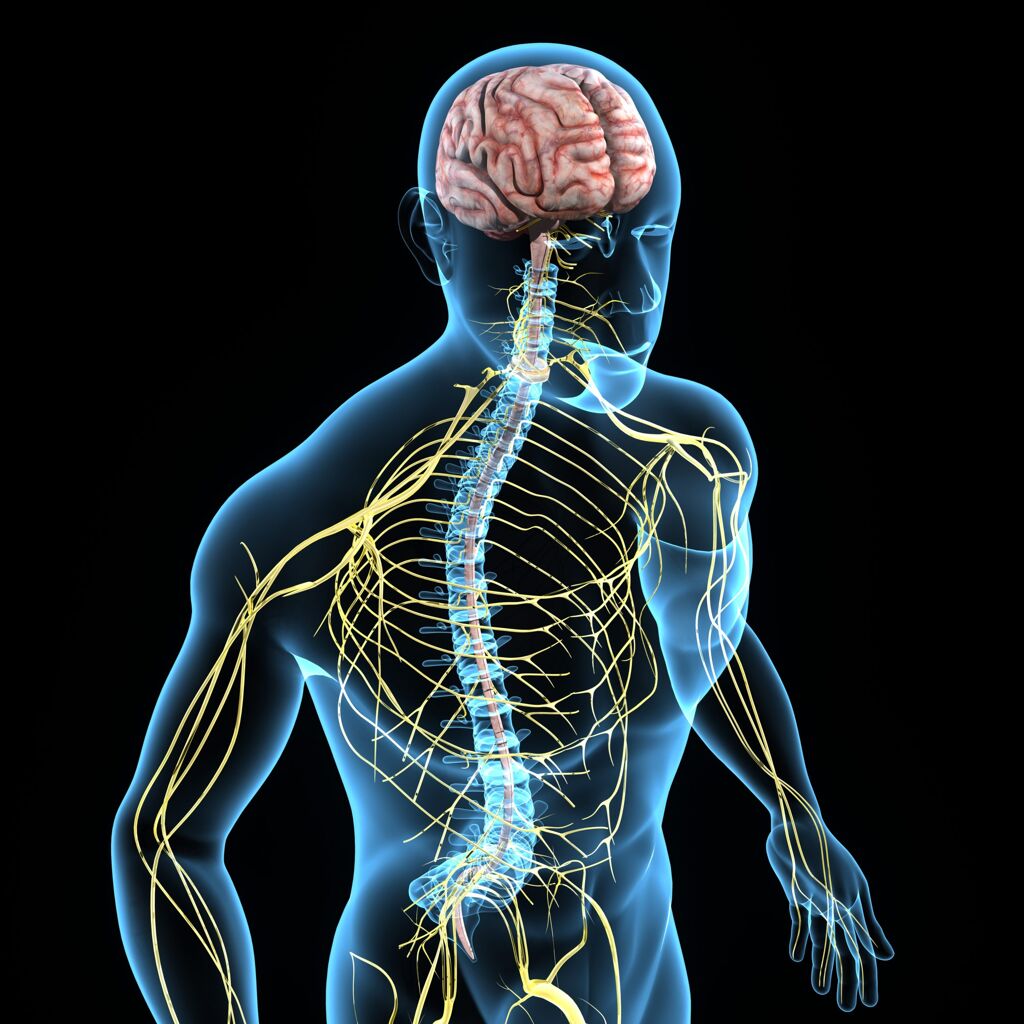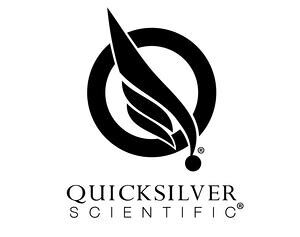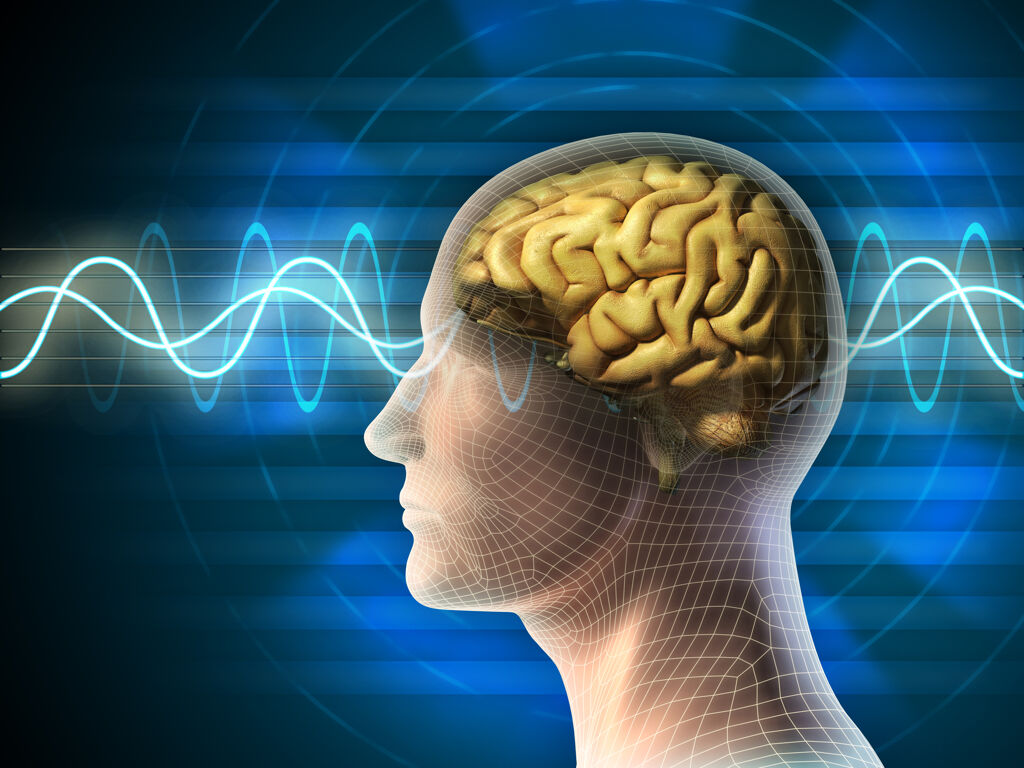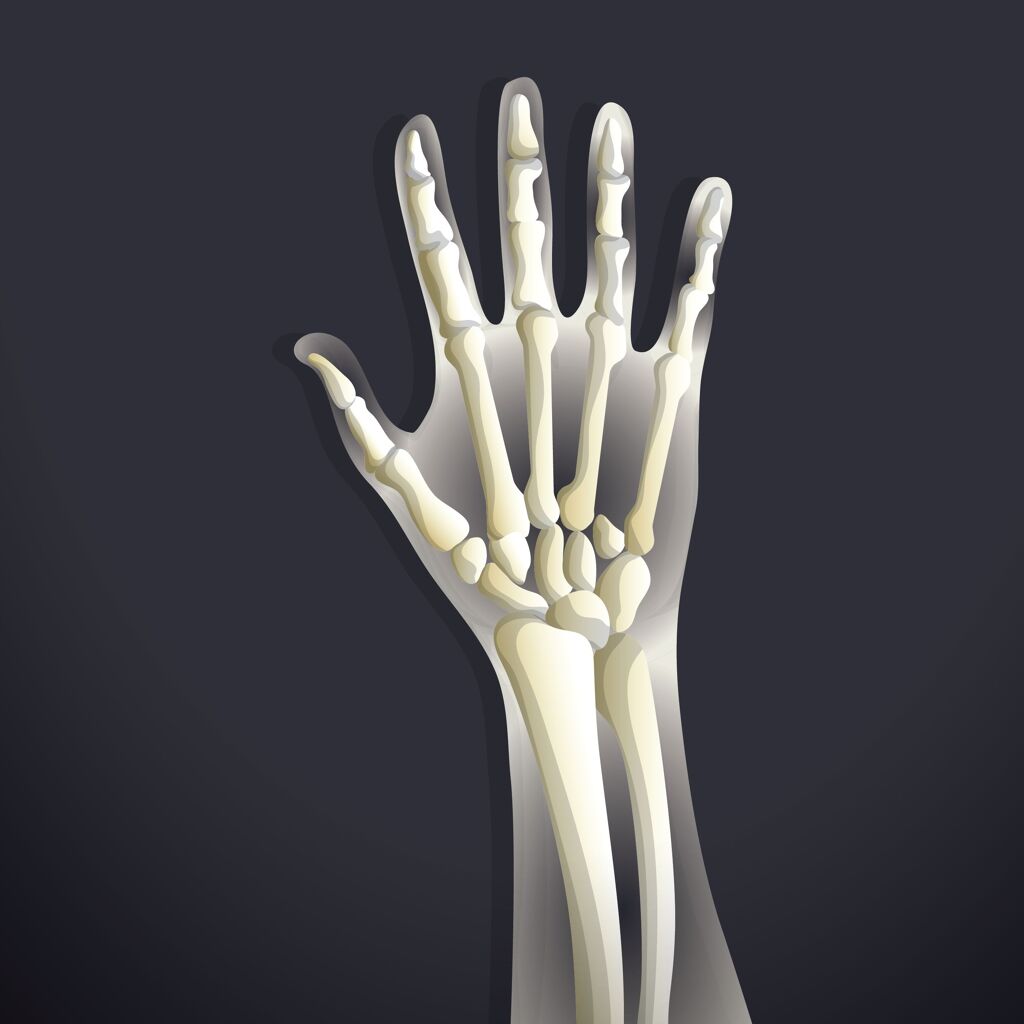Is Exercise The Fountain Of Youth?

We are living longer. To truly enjoy this longevity we need to maintain good brain health. It is a fact that cognition declines with age. Today, dementia, Alzheimer’s, and other neurological conditions are on the rise. This is partly to do with living longer but primarily to do with epigenetic lifestyle factors.
Much of our health is in our hands. Genetics is merely one aspect but epigenetics can really drive your health. Epigenetics are changes in gene expression rather than changes in genes themselves. Epigenetic lifestyle factors affect how genes express themselves. These epigenetic factors can be responsible for up to 80% of our health. This includes diet – see our Eat Right for Your Brain blog here, exercise, sleep, stress and so many others.
In this blog you will learn:
- Why cognition declines with age
- Is exercise the fountain of youth?
- How exercise can support good brain health
- Which exercise best optimizes brain health
You can read more on Alzheimer’s & diet & lifestyle here and here. You can learn about the best diet for the brain here.
Small declines in cognitive function can predict worsening cognition and increased risk of dementia, cognitive problems and even Alzheimer’s disease later in life (Vyas CM, 2024).
- 33% of dementia cases are attributable to factors in our control; sedentary lifestyle, smoking and hypertension (Alty J, 2020).
- Your lifetime risk of developing Alzheimer’s is approximately 15%, assuming no prevention (Bredesen, 2016).
- Lifestyle epigenetic factors affect cognition and the rate of cognitive decline (Pastor D, 2022). These factors are diet, exercise, sleep, stress, social connection and other factors
- There are currently no effective medications for preventing or reversing cognitive decline (Vyas CM, 2024).
- We can preserve cognition and delay early signs of cognitive decline through epigenetic lifestyle factors like exercise, diet and other lifestyle habits (Vyas CM, 2024).
WHY DOES COGNITIVE FUNCTION DECLINE WITH AGE?
Brain structures change with age: With time, certain brain regions atrophy and the integrity of brain tissue decreases (Key MN, 2023). This cerebral atrophy leads to a loss of brain cells (neurons) and connections between brain cells. Brain volume also decreases. This can cause problems with cognition, thinking, memory and performing day to day tasks. The greater the severity of brain tissue atrophy, the more cognition will be affected and impaired.
Neuroplasticity declines: Synapses and synaptic plasticity in the brain decrease. Synapses are the junctions between neurons where they connect and communicate with each other. Synaptic plasticity is the ability of neurons to modify the strength of their connections. Plasticity, or the ability of synapses to change their strength, is critical for regulating the flow of information within neuronal connections and for learning and memory. Synaptic plasticity is required for high-level cognitive function (Key MN, 2023). Reduced synapses and changes in proteins involved in neuroplasticity are partly responsible for age related cognitive decline (Miranda M, 2019).
Brain volume is reduced: There is a decrease in blood flow to the brain. Over time, with less oxygen, the hippocampus brain region experiences a decrease in volume (Pastor D, 2022). This damages cognition as the hippocampus is vital for memory function and cognition.
Brain-derived neurotrophic factor (BDNF) decreases: BDNF is an essential protein in the brain, required for neuronal health, brain development, learning and memory. It is neuroprotective against oxidative stress (Key MN, 2023). It is important for synaptic plasticity and memory (Miranda M, 2019). With age, BDNF can become dysregulated and lead to signaling issues, atrophy and decline in cognitive performance (Key MN, 2023).
Aging increases inflammation: With aging, systemic inflammation increases and is called inflamm-aging. Inflammation increases throughout the body including the brain. Pro-inflammatory proteins increase and anti-inflammatory proteins decrease. Oxidative stress increases. The inflammation and free radicals damage neurons and synapses, which damage cognitive function. People with high levels of inflammation score lower on general cognition and memory tests (Key MN, 2023).
IS EXERCISE THE FOUNTAIN OF YOUTH?
Physical exercise is the single most effective thing to delay and prevent the negative consequences of aging. This has been scientifically proven:
Exercise promotes gene expression that is more typical of youthful cells (Takahashi K, 2006). It is possible to reprogram cells.
For the science geeks 😊….. this can be done via 4 master genes (Oct3/4, Klf4, Sox2 and c-Myc, often abbreviated to OKSM) (Takahashi K, 2006). The 4 master genes can make highly specialized cells (i.e. skin cells) revert back to stem cells (Takahashi K, 2006). Stem cells are younger and more adaptable cells that are not yet specialized cells. In rodents, these gene factors can improve aging by resetting gene expression patterns. This can make cells imitate younger cells (Takahashi K, 2006).
So, exercise effectively has a ‘reprogramming’ effect on gene expression (Takahashi K, 2006). Exercise rejuvenates cells and is a stellar example of how epigenetic factors can determine how we age. Genes are not destiny. Epigenetics can positively affect genes for better health outcomes.
Exercise is the most powerful and potentially life-extending treatment we have, along with a healthy diet..
Regular exercise improves balance, mobility, endurance, mood, reduces anxiety or depression and improves cognitive functioning. It lowers risk of type 2 diabetes, obesity, heart disease, high blood pressure, breast/ colon cancers and osteoporosis (Pastor D, 2022).
Physical activity increases bone and muscle strength. This helps to avoid falls and accidents in older age. Older people are more likely to have a fall and to be injured in the fall. Falls are often due to balance problems, muscle weakness or a long-term health condition. Exercise can improve these issues and help avoid falls.
A brand-new study from March 2024 looked at walking and counting steps. We all have devices now that count steps walked. So how many do we need to walk to improve aging?
The study looked at how many steps are needed to offset 10 hours of sedentary time per day and how much walking can decrease risk of death and heart disease (Ahmadi MN, 2024).
- The optimal number of steps per day to counteract high sedentary time is 9’000-10’000 steps/day.
- This decreases risk of death by 39% and risk of cardiovascular disease by 21% (Ahmadi MN, 2024).
- At just 4’000-4’500 steps a day, both risk of death and of heart disease were reduced by 50% (Ahmadi MN, 2024).
WHAT EFFECT DOES EXERCISE HAVE ON THE BRAIN?
In the brain, exercise improves memory, cognitive functioning, neuroplasticity and the ability to learn (Liu PZ, 2018). It decreases risk of cognitive decline, dementia and brain atrophy related to aging (Alty J, 2020).
Exercise improves neuronal survival and stimulates neurogenesis, or the production of new neurons (Key MN, 2023). Neurogenesis can reduce the damage of neurodegeneration. Generating new neurons in the hippocampus improves cognition (Liu PZ, 2018).
Exercise increases the size of the hippocampus (Liu PZ, 2018). The hippocampus can continuously produce new neurons involved in learning and memory (Liu C, 2023). In mice, neurons in the hippocampus experience rapid growth after running on a wheel (Liu C, 2023). Post-exercise growth in neurons happens in the hippocampus of humans as well.
Exercise improves cognitive decline seen in mice with dementia. Exercise can repair cognitive decline seen in Alzheimer’s disease in humans. This is because exercise increases BDNF and neurogenesis and reduces inflammation by decreasing systemic inflammatory markers (Liu C, 2023).
Exercise can regenerate tissue. It helps build muscle tissue, regenerating cardiac tissue, neurons and muscles (Liu C, 2023).
Exercise can increase neuroplasticity (Liu C, 2023). The improved balance and coordination skills that come from exercise improve synaptogenesis. Synaptogenesis is the formation of new synapses. Synaptogenesis boosts neuroplasticity, which in turn promotes communication between neurons in the brain. Better neuroplasticity is good for cognition. In mice, treadmill exercise can increase memory by strengthening synaptic plasticity in the hippocampus. In animal models of Parkinson’s disease, exercise improves synaptic connections and motor performance (Liu C, 2023).
Exercise increases BDNF (Key MN, 2023). Higher levels of BDNF supports neuron growth, brain development, synaptic plasticity, learning and memory (Miranda M, 2019).
To Read About Blog Topic, Scroll Down
Want To Work With Our Clinic?
Do you have a chronic or mystery illness that no one has been able to help you with? Are you simply wanting to re-connect with a healthier version of yourself? It’s Time To Finally Feel Better!
Exercise lowers the risk of developing heart disease, stroke and diabetes; all factors in developing dementia. Exercise in cognitively normal older adults is associated with lower amyloid plaque deposits in the brain (Key MN, 2023). It improves glucose metabolism via insulin signaling, which is thought to help clear amyloid in the brain (Key MN, 2023).
Exercise helps grow blood vessels and improve oxygen flow to the brain (Key MN, 2023). It increases heart rate, pumping more oxygen to the brain. Oxygen enables brain cells to convert glucose into energy, which powers brain cells. A higher concentration of oxygen improves cognitive performance (Chung SC, 2006).
WHAT IS THE BEST FORM OF EXERCISE TO DO TO ENHANCE COGNITIVE PERFORMANCE?
Doing any exercise at all is better than none for healthy aging. Even getting started later in life brings benefits. It’s never too late to exercise.
The most important thing is to actually do the exercise. Choose something you will enjoy or, even better, love. Then you will actually do it. Doing something, whatever it is, is always better than doing nothing. But there are some exercises that can help the brain more…
Endurance exercise is prolonged physical exertion like walking, jogging, running, swimming and cycling. Walking is the most common type of endurance exercise among older adults. Endurance exercise in healthy, older adults benefits cognitive performance, promotes brain plasticity and lessens hippocampal atrophy while improving visual attention and memory (Key MN, 2023).
Resistance training trains muscles. Contracting muscles against resistance can help muscles build functional capacity, improve muscle strength, mass and output. Benefits include increased muscle mass, power, bone mass and strength (Key MN, 2023). Resistance exercise can prevent sarcopenia, or the loss of muscle and strength that comes with age and less physical activity.
For the brain, resistance training improves executive function, memory, verbal fluency and global cognition (Key MN, 2023). 3 times/week is better for general cognitive ability than 2 times/week (Key MN, 2023).
Yoga practice that includes meditative postural exercises is good for memory, executive function, attention and processing speed (Key MN, 2023). It improves brain structure, function and cerebral blood flow. Yoga benefits the structure and function of the hippocampus, amygdala, prefrontal cortex and brain networks. Yoga can lessen age-related neurodegenerative decline (Key MN, 2023).
In older women at risk of developing Alzheimer’s, yoga helps with memory and boosts cognition (Grzenda A, 2024). Yoga has anti-inflammatory effects that help with cognitive decline. It can rebuild neural pathways, reduce declines in brain size and reverse issues linked to aging and inflammation (Grzenda A, 2024). Kundalini yoga focuses on breathing and meditation. It can fight cognitive decline by reducing stress and inflammation, improving neuroplasticity which boosts overall brain health, memory performance and mood (Grzenda A, 2024).
Tai Chi benefits older adults’ cognition and brain function. It can help global cognition in older people suffering from cognitive impairment. Tai Chi can improve brain structure by increasing brain volume, improving neural activity and increasing neural connectivity in different brain regions. The longer Tai Chi is practiced, the more these brain regions are changed and improved (Key MN, 2023).
High Intensity Interval Training (or HIIT) can improve cognitive function and mental health. It stimulates BDNF, which boosts neuroplasticity and cognitive flexibility in older adults (Key MN, 2023). HIIT can improve physical function and reduce frailty, decreasing the risk of disability or loss of independence that can happen with age (Key MN, 2023).
Dancing / Dance therapy can stimulate neuroplasticity (Huang CS, 2023). In research, dance therapy significantly improves cognitive function, memory, attention, language and mental health in people over 55 years old with cognition issues (Huang CS, 2023). Dance therapy stimulates learning. This is done by having to remember complex motor movements, follow instructions, execute complex movement patterns and integrate visual and rhythmic movements (Huang CS, 2023). This is all done in a social setting which reduces social isolation, loneliness and depressed mood (Huang CS, 2023).
HOW MUCH EXERCISE DO YOU NEED TO DO?
In 2018 the government put out physical activity guidelines saying that adults should do at least 150-300 minutes (2.5 -5 hours) per week of moderate exercise or 75-150 minutes (1.25- 2.5 hours) each week of vigorous movement or a combination of the two.
Today, the CDC recommends that adults need at least 150 minutes (2.5 hours) of physical activity per week or 75 minutes (1.25 hours) of vigorous-intensity activity (CDC, 2023).
Moderate physical activity is defined as walking, weightlifting and lower-intensity exercise, while vigorous exercise is categorized as running, biking and swimming.
More is better:
Research has looked at how much exercise reduces mortality. It doesn’t specifically look at effects on cognition but we can extrapolate that more exercise will be beneficial for both longevity and cognition.
** Doing more than the recommended amount of exercise lowers the risk of death (Hoon Lee D, 2022). **
In one study on exercise and mortality, people who did 2-4 times more than the recommended moderate physical activity had:
- 26%-31% lower all-cause mortality (or risk of death)
- 28%-38% lower risk of cardiovascular disease mortality
- 25%-27% lower risk of non-cardiovascular disease mortality
Exercising 2-4 times the current CDC recommendation, or 300-599 minutes (5-10 hours) each week, provided the most benefit.
** Follow us for our next Blog on the Optimizing your Brain through other Diet & Lifestyle Factors, using a Functional Medicine approach **
SUMMARY
- Cognition naturally declines with age. Epigenetics, or lifestyle factors, can help to combat this decline.
- The reason cognition declines with age is due to changes that take place in the brain. Parts of the brain atrophy and grow smaller. Neuroplasticity decreases and inflammation in the brain increases, with age.
- There is one thing we can do to maintain health, longevity and cognition. It is the one fountain of youth we have: Exercise.
- Exercises reduces the risk of disease and death. It also keeps the brain young by maintaining and even increasing neuroplasticity. It increases the size of the brain. It regenerates tissue and other effects that maintain good cognition into older age.
- Different types of exercise are good for the brain and include endurance exercise, resistance training, yoga, tai chi and dancing.
- The CDC recommends least 150 minutes (2.5 hours) of physical activity or 75 minutes (1.25 hours) of vigorous-intensity activity per week (CDC, 2023).
- However, more exercise is better. People who exercise 300-599 minutes (5-10 hours) per week can reduce their risk of disease and death by up to 38%. This extends longevity and, we can assume, delays cognitive decline.
As always, please get in touch with us. If you or someone you know is struggling with cognitive issues, contact our clinic today. We can work on any issue(s) and improve your health. Book a free health evaluation call with us today, to see how we can help you with your concerns. We can answer your questions and help you book an initial consult with one of the functional medicine doctors in our clinic.
Are You Suffering From A Chronic Illness?
Does your current health situation look like this…
- Do you feel that you have tried many things and either nothing works, or the treatment does not hold?
- Have you been told that there is nothing that can be done to reverse your illness and you just need to manage symptoms?
- Does your illness impact your work, your family, your happiness and your social life?
We specialize in finding answers and solutions for complicated chronic illness when people feel like they have tried everything. If this sounds like you, book a free call with us to see if we are the right fit for your health goals.
Dr. Miles has spoken for the following organizations:

















